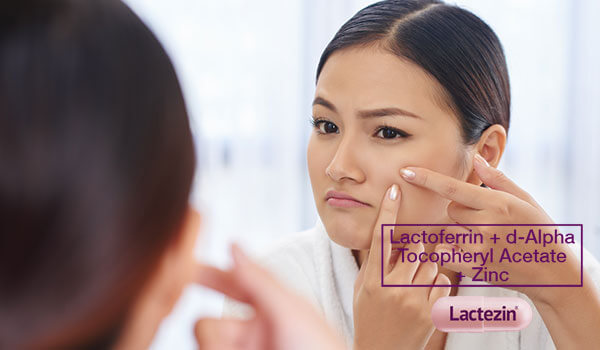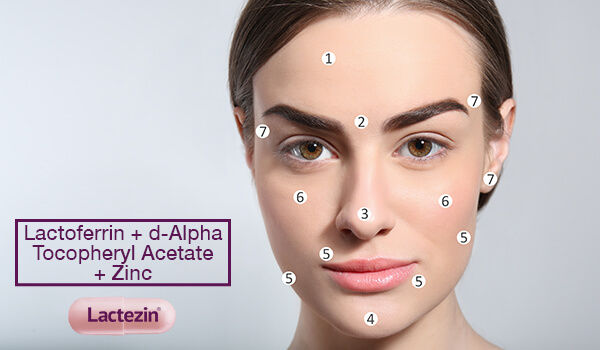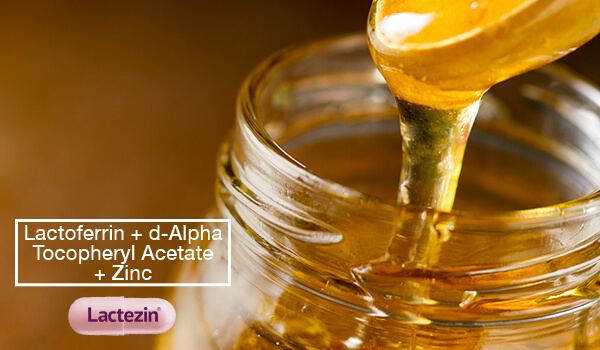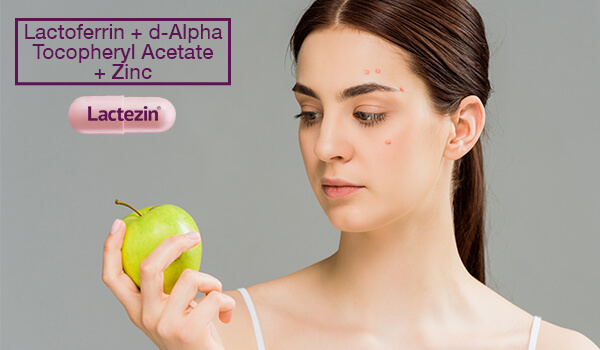Whiteheads: the Causes and How to Cure

Whiteheads are those white, round bumps that usually appear on the face, back, chest and sometimes the neck and shoulders. Pesky as they may be, the good news is that there are ways to manage them. Read on for a feature on whiteheads, the causes and how to cure them.
All About Whiteheads
Whiteheads are a type of acne that occurs when a pore is blocked or clogged with sebum (oil), dead skin cells and debris. Not to be confused with blackheads, whiteheads appear as round and white. They can sometimes be unnoticeably small or large. Although whiteheads don’t generally come with pain, it’s the visible type of whiteheads that most are tempted to squeeze or pop.
The Causes of Whiteheads
Before diving into how to cure whiteheads though, it’s important to understand the causes first. Why do whiteheads suddenly appear? There are a handful of causes such as the following.
Puberty
At puberty the body undergoes many changes. One of these changes concerns hormones. The brain sets off a series that leads the overproduction of oil in the skin. As excess oil fills up pores, dead skin cells and bacteria may get caught and trapped, blocking follicles that eventually develop into a variety of acne, including whiteheads.
Hormonal Changes
Fluctuations in hormones can happen beyond puberty. They can be stress-induced or due to changes in the body such as when a woman is pregnant or in her monthly menstrual period.
Genetics
Parents with a history of acne are likely to have children who will struggle with the same skin problem. Lifestyle habits aside, genes may determine how sensitive your skin is, and how it reacts to hormonal changes or inflammatory triggers.
Personal Habits
What you do and what you eat impacts your skin’s health. A number of studies suggest that eating certain types of foods may worsen blemishes and acne like whiteheads. Habits such as smoking may also worsen acne.
How to Cure Whiteheads
Whiteheads are nothing to feel bad about, as there are multiple ways you can rid your skin of these unsightly blemishes! Here are tips on treating whiteheads.
Practice Good Skincare Habits
Revisiting your skincare habits and switching to better practices not only eliminates acne, but prevents them from reoccurring! Remember these skincare tips:
- Avoid drying out your skin by washing with a mild product. Be careful with using scrubs, as some may irritate the skin or leave tiny abrasions that may damage the skin’s appearance.
- Always wash after a workout or after playing sports.
- Avoid using hot water. Go with lukewarm water for cleansing and bathing.
- If you have to, exfoliate a few times per week only. While exfoliating may help in unclogging pores, too much can actually cause more acne problems.
- When heading out in the day, always wear sunscreen. Look for a product with the right SPF, and with a formulation that does not clog pores.
- Wash your hair regularly and keep hair products away from your face.
- Your smartphone, pillowcase, and glasses may be hiding places for dirt and bacteria. Make sure to keep these items clean.
Here are a few more reminders for when you wear makeup on the daily:
- Never sleep with your makeup on. Wash or wipe it off with products, especially made to remove makeup.
- Switch to makeup products with “oil-free” and “noncomedogenic” on their package, as these are less likely to clog your pores.
- Keep your makeup stash fresh. Old or expired makeup products can harbor bacteria.
- Wash makeup brushes and sponges after each use.
Keep Your Hands Off of Your Face
Most of the time, dirt, oil and bacteria are transferred from everyday objects to your face through our hands. So be mindful and avoid touching your face. Although it may look like an easy fix for pimples, whiteheads, and blackheads, picking or popping is never the answer. In fact, popping can lead to irritation and scarring.
Try Home Remedies
When you check the Internet, you’ll find that there’s no shortage on articles and features about skincare and home remedies you can try on specific acne problems. Just remember to do a lot of cross-checks and to limit your sources from trusted and reputable online pages.
Keep in mind, as well, that while some home remedies really help, others can irritate the skin and worsen the problem. A lemon juice and baking soda scrub, for example, can be too harsh for sensitive skin.
Work with Natural Ingredients and OTC Medications
With advice from a dermatologist or a skin expert, you may try “natural remedies” studied to treat acne concerns. Check out these samples:
- Vitamin A is a powerful antioxidant that can minimize inflammation.
- Tea Tree Oil has anti-inflammatory and antimicrobial properties.
- Witch Hazel may help heal whiteheads with its non-drying astringent, pore-opening qualities.
OTC treatments are the next best step when natural ingredients and home remedies fail to work their magic on skin. Remember that it takes a while for these treatments to show results.
- Benzoyl Peroxide helps reduce inflammation while getting rid of bacteria and excess oil.
- Salicylic Acid decreases oil production in pores and helps remove dead skin cells on the surface of the skin.
- Retinoids are stronger, purer versions of vitamin A with anti-aging and pore-unclogging benefits.
With acne problems such as whiteheads, consider using oral medication that can help manage oily skin. With continued use, lactoferrin, vitamin E and zinc in Lactezin helps lessen pimples in as early as 2 weeks!
Find the right cure and treatment for your acne concerns. Get your acne questions answered with expert pimple care tips and advice, only from Lactezin.
If symptoms persist, consult your doctor.
ASC Ref. No. U026P042221LS
SOURCES:
https://www.healthline.com/health/beauty-skin-care/how-to-get-rid-of-whiteheads
https://www.medicalnewstoday.com/articles/315104
https://www.bioclarity.com/blogs/clear-skin/what-are-whiteheads


